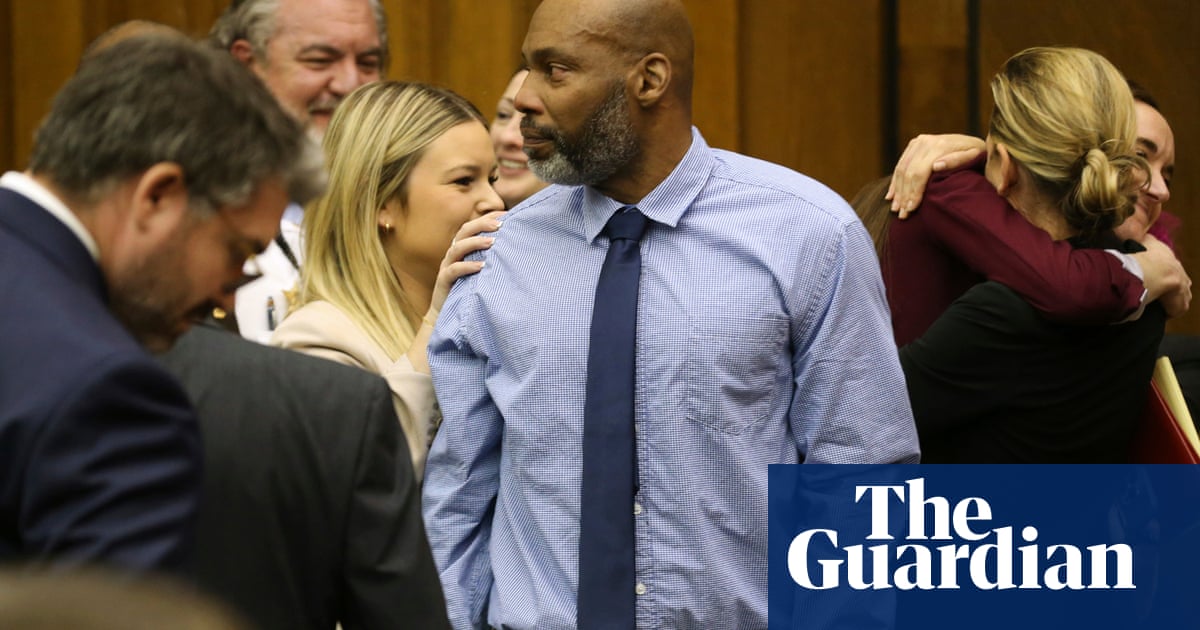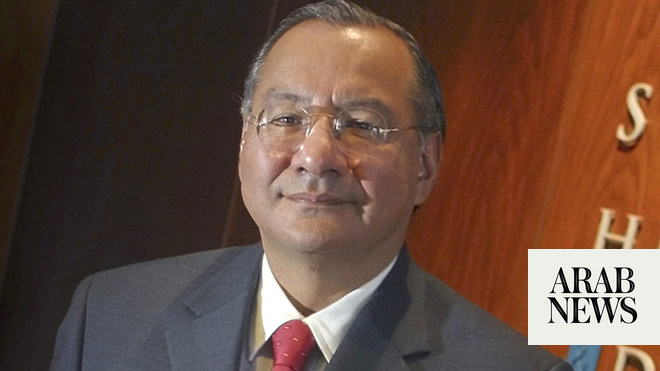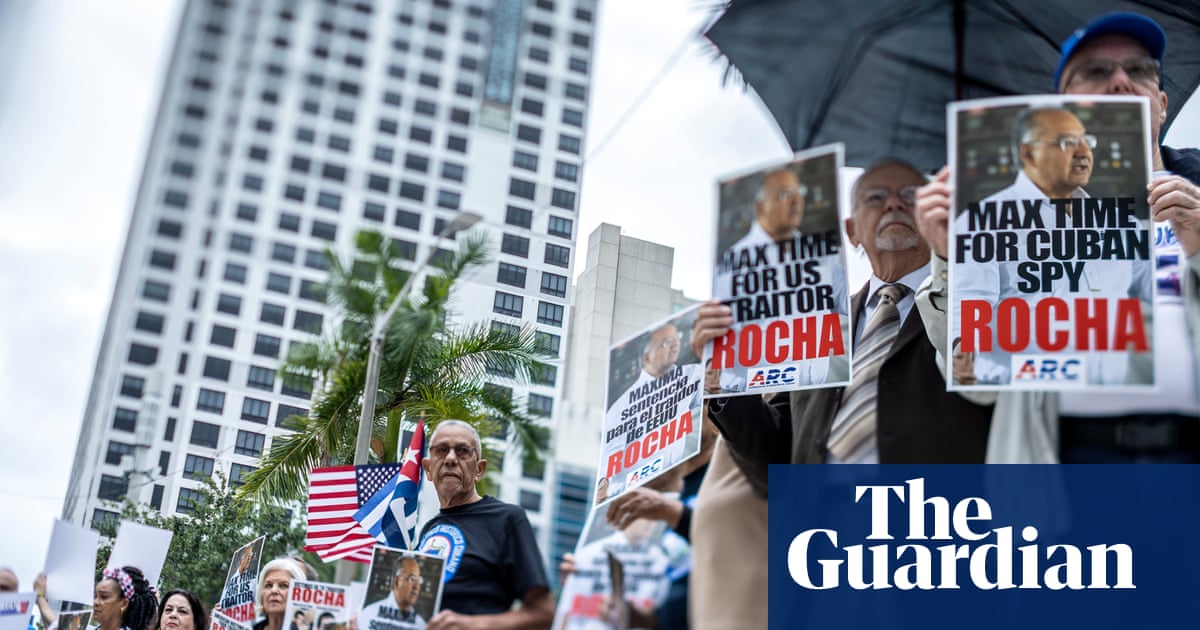
By mid-afternoon on Saturday, a fundraiser for a man who spent 43 years in prison before a judge in Missouri this week overturned his conviction in a triple murder had raised more than $1.4m.
The Midwest Innocence Project set up the GoFundMe page as it fought for the release of Kevin Strickland, 62, noting that he would not receive compensation from the state and would need help paying basic living expenses while struggling with extensive health problems.
Missouri only allows wrongful imprisonment payments to people exonerated through DNA evidence. James Welsh, a retired Missouri court of appeals judge, ordered Strickland’s release on Tuesday, finding that evidence used to convict him had been recanted or disproven.
Strickland has always maintained that he was home watching television and had nothing to do with the killings, which happened in Kansas City in 1978, when he was 18.
The key witness, a survivor of the shooting, tried for years to recant her testimony, saying she had been pressured by police.
No physical evidence tied Strickland to the crime scene. Prints on the shotgun used were not his. Family members provided alibis, and two men convicted in the killings of Sherrie Black, 22, Larry Ingram, 21, and John Walker, 20, said Strickland was not present.
Having been imprisoned for his entire adult life, Strickland has no savings or ability to show work history for social security entitlements.
As he left the Western Missouri correctional center in Cameron this week, he said he was “thankful for God walking me through this for 43 years”.
“I’m not necessarily angry,” he told reporters. “It’s a lot. I think I’ve created emotions that you all don’t know about just yet. Joy, sorrow, fear. I am trying to figure out how to put them together.”
He said he would like to get involved in efforts to “keep this from happening to someone else”.
The US criminal justice system “needs to be torn down and redone”, he said.
Tricia Rojo Bushnell, Strickland’s attorney and executive director of the Midwest Innocence Project, told the Washington Post that only “a very small minority of people” receive compensation for wrongful conviction in Missouri.
“The vast majority of folks who are exonerated are exonerated through non-DNA evidence, and the vast majority of crimes do not involve DNA at all,” Bushnell said. “So what we see in Missouri is [that] folks get home and they are provided nothing.”
The Midwest Innocence Project sets up fundraisers when cases lead to exoneration. On the page for Strickland, some donors left statements of encouragement.
“I hope the fact that so many care helps you to enjoy each day as it comes,” wrote one, as reported by the Kansas City Star.
“Even Mississippi and Alabama, long at the bottom of the list for education, healthcare, etc, have wrongful conviction reimbursement,” wrote another. “Shame on Missouri and any other state that is as backwards.”
Another donor wrote that she was “trying to imagine being wrongfully convicted when I was 18 and spending all my life since then in prison for a crime I didn’t commit – and then to get no compensation from the state that imprisoned me?
“I wish Mr Strickland all the best for the rest of his life.”
A pediatric practice in Kansas City gave one of two donations of $10,000. The practice president, John Billharz, told the Post: “We thought it would be an important way to show that he has support.”












